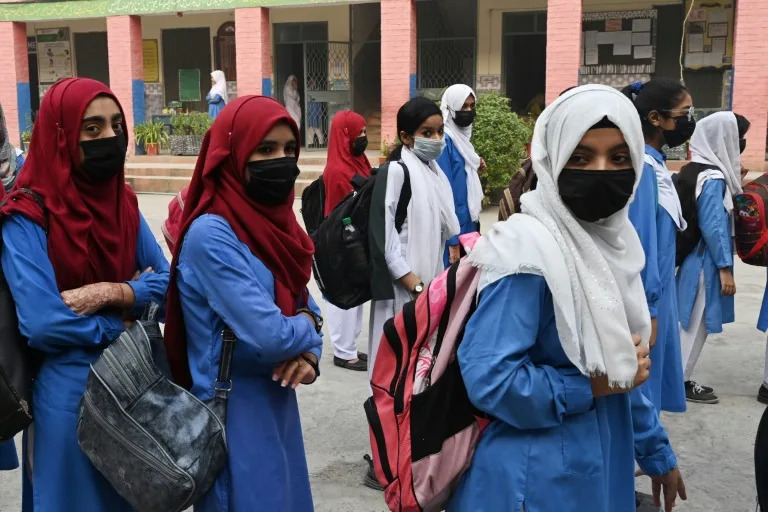AFP
Thu, 2 November 2023

Tolga Sardan, 55, is one of Turkey's most respected investigative reporters (Adem ALTAN)
Turkish journalists and rights campaigners rallied Thursday in defence of a veteran investigative reporter detained under a controversial "disinformation" law for writing about corruption.
Tolga Sardan, 55, was detained late Wednesday in the capital Ankara following the publication of an article on October 31 by the T24 independent news site.
The article concerns an alleged report Turkey's MIT intelligence agency presented to the presidency about its investigation into corruption within the judiciary.
Sardan's arrest is one of the most prominent under Turkey's new "disinformation" law, which threatens journalists and social media users with jail terms of up to three years.
The legislation was adopted last year with the help of President Recep Tayyip Erdogan's ruling party, further tightening the government's grip over news sites and social media platforms.
"Tolga will walk free and write again," journalists and opposition lawmakers chanted in Ankara, while the police looked on.
"We are journalists, we will continue to shout that journalism is not a crime," the Turkish Journalists' Association said in a statement.
Istanbul's chief prosecutor launched an investigation into Sardan's article, accusing him of "publicly disseminating false information".
The presidency denied the existence of the MIT report moments after Sardan's detention.
Sardan has stood by the story, arguing that he was simply "practising journalism".
"Sardan wrote what the public needed to know, he did his duty, and should be released," said Erol Onderoglu, Turkey's representative for Reporters Without Borders (RSF), who himself is being tried on "terrorism" charges.
Turkey is ranked 165th out of 180 countries on RSF's 2023 World Press Freedom Index.
bg-fo/zak/jj














